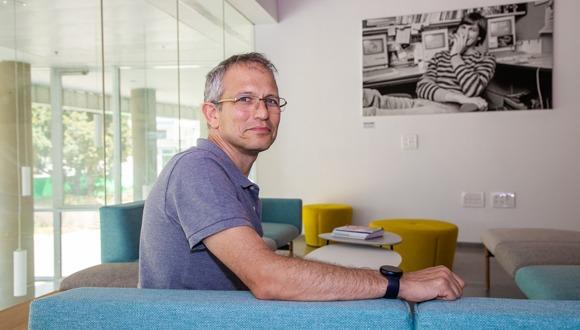Exploring New Frontiers in AI
With the global artificial intelligence market skyrocketing, TAU leads the way in Israel - and beyond
The endless possibilities of artificial intelligence (AI) have ignited human imagination for decades. From Star Wars and Blade Runner to the recent Superintelligence, people have imagined a world powered by AI. And although those realities are still in the realm of the future, AI and machine learning are quickly becoming the next frontiers for academic institutions such as Tel Aviv University as well as businesses and governments.
TAU has already taken a leadership role in advancing AI in Israel with its annual AI Week Conference. At the February 2021 conference, which took place virtually, TAU’s Prof. Meir Feder announced the launch of a new interdisciplinary Center for Artificial Intelligence and Data Science, which he heads. “By deepening and disseminating AI expertise, the new Center will boost Israel’s flourishing high-tech and biotech industries and impact all aspects of life. It will create new opportunities in many fields including personalized medicine, drug design, social sciences, neuroscience, materials science and digital humanities,” says Feder. “In addition, the Center will enable all TAU students, no matter what they study, to gain a basic education in AI and Data Science. We will do this by building a curriculum that exposes them to AI concepts, to be implemented in the upcoming academic year.”
AI, which revolves around the quest to build machines that can execute human-like tasks and behavior and beyond, has been a “holy grail” for scientists for many years, says Prof. Amir Globerson of the Blavatnik School of Computer Science and the AI Center’s academic management team. “Almost every aspect of our daily lives can and will be changed by these emerging technologies,” says Globerson. “These include the way we clean our homes, receive health care or drive a car to the way we predict natural disasters.” To use AI technologies in real-world solutions, AI research must be an interdisciplinary effort, he explains. This means combining core disciplines of engineering, statistics and computer science with complementary fields such as law, medicine, psychology, economics and humanities. “It is essential for us to build up the capabilities of the Center to help researchers fulfill the potential of AI in all of these fields,” he says.





